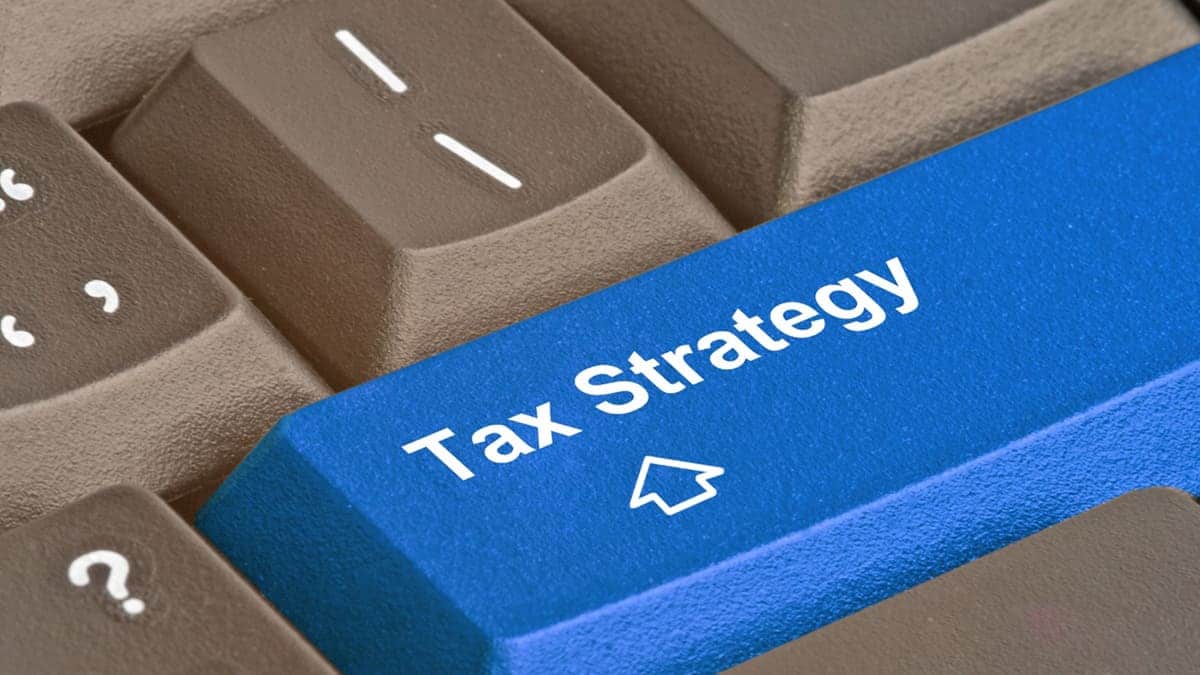Tax Reduction Strategies That Work – Save Money Instantly
Important Note: When you buy through our links, we may earn a commission. As an Amazon Associate we earn from qualifying purchases. Content, pricing, offers and availability are subject to change at any time - more info.
When it comes to taxes, many people think it takes a lot of skill to get it right. However, that doesn’t always have to be the case.
Advertisement
Anyone can make the most out of their taxes with some patience, attention to detail, and strategizing throughout the year.
There are a number of tax reduction strategies that you can use to reduce the amount of income tax you owe every year, and maybe even gain a sizable refund.
Keep reading to learn how you can take the stress out of tax season by reducing the amount that you owe every year and saving money to use on the things you want.
Top 5 Tax Reduction Strategies
Reducing your income tax is not something that you should wait until tax season to start. Sometimes, at that point, it’s too late to significantly change your tax bill.
Advertisement
You should be putting yourself in the position of reducing your taxable income and maximizing your refund throughout the year through sound tax planning strategies.
If you’re ready to reduce your taxes, we’ve detailed five of the best tax reduction strategies to help you get started.
Max Out Your Health Savings Account
Health savings accounts (HSA) are often overlooked during tax season, but they can serve as a great tax strategy.
The tax advantages of maxing out your HSA include:
- Contributions are not subject to federal, state, or local taxes
- Contributions can be invested, and the balance grows tax deferred
- Withdrawals used to pay medical expenses are tax-free
If you’re covered by a high deductible health insurance plan and you didn’t contribute up to the annual limit, you may have some extra tax savings sitting right there.
Make sure you notify your HSA provider to let them know you want your contributions to be included as an adjustment to your gross income. This will help lower your taxes.
Advertisement
Tax season is also a good time to review plans such as your HSA to ensure that they are still applicable and that nothing needs to be changed. You can carry over your unused HSA contribution to the following year.
Max Out Tax Savings Accounts
If your employer-sponsored healthcare offers a Flexible Savings Account (FSA), you can set aside up to $2,550 a year for qualified health expenses, such as deductibles. This pre-tax money is not subject to federal taxes, states taxes, or FICA.
Unfortunately, that money doesn’t belong to you, so you stand to lose it at the end of the year if you don’t lose it. Even so, some companies are flexible and either offer a grace period (usually about three months) or let you roll over part of the balance (up to $550) to the following year. Employers can offer employees either option, but not both.
Make Contributions to Your Retirement
It really does pay to save for retirement. In fact, the easiest way to reduce your taxable income is by maximizing your retirement savings.
You can contribute up to $6,000 to your IRA if you’re under the age of 50, and $7,000 if you’re over the age of 50. If you don’t have a retirement plan through work, or you do have one but still meet the income limits, this IRA contribution is deductible. Be sure to make your contribution before the filing deadline to have the benefits apply for that year.
Contributions to a Roth IRA are not tax-deductible, but they can grow to be tax-free if you’ve held the funds for at least five years and you’re older than 59 ½. You can then withdraw your contributions at any time without penalty.
If your employer offers a retirement plan such as a 401(k) or 403(b), making pre-tax contributions to this plan is another way to reduce your taxable income. It’s a good idea to plan your contributions at the beginning of every year to maximize the benefits. At the very least, you should be contributing enough to be eligible for the employer match.
Advertisement
Itemize Your Deductions
If you’re choosing the standard deductions option, you might be leaving money on the table. You want to consider itemizing deductions to maximize your tax return.
Taking advantage of deductions is one of the best tax reduction strategies you can use to maximize your tax return.
Some common deductions to consider include:
- Medical expenses
- Home office
- Student loan interest
- Charitable donations
- Caring for children or dependents
Make sure that you keep records and receipts for all of your deductions in case the IRS requests proof.
If you itemize your deductions, be careful not to miss out on any potential deductions or tax credits.
Budget
Finally, your personal spending habits play a big part in how you plan your income tax. If you spend some time at the beginning of every year strategizing not only your budget but your income tax situation, you’ll put yourself in a better place to save money on taxes.
Monitoring your personal spending will help you identify how much you can contribute to accounts such as work retirement plans or a traditional IRA. It’s redirecting money from non-essentials and into these accounts that will help lower your tax bill every year.
The Best Tax Reduction Strategy
Having to owe the IRS is never fun, but with the help of a few strategies, you can lighten that tax bill every year, and maybe even get a refund. You may already be practicing some of these strategies without knowing the full benefits that they can have on your tax return, but it’s never too late to start.
In the end, the best tax reduction strategy is being proactive. You know that tax season comes knocking at the same time every year, so why not be ready for it?
Advertisement



